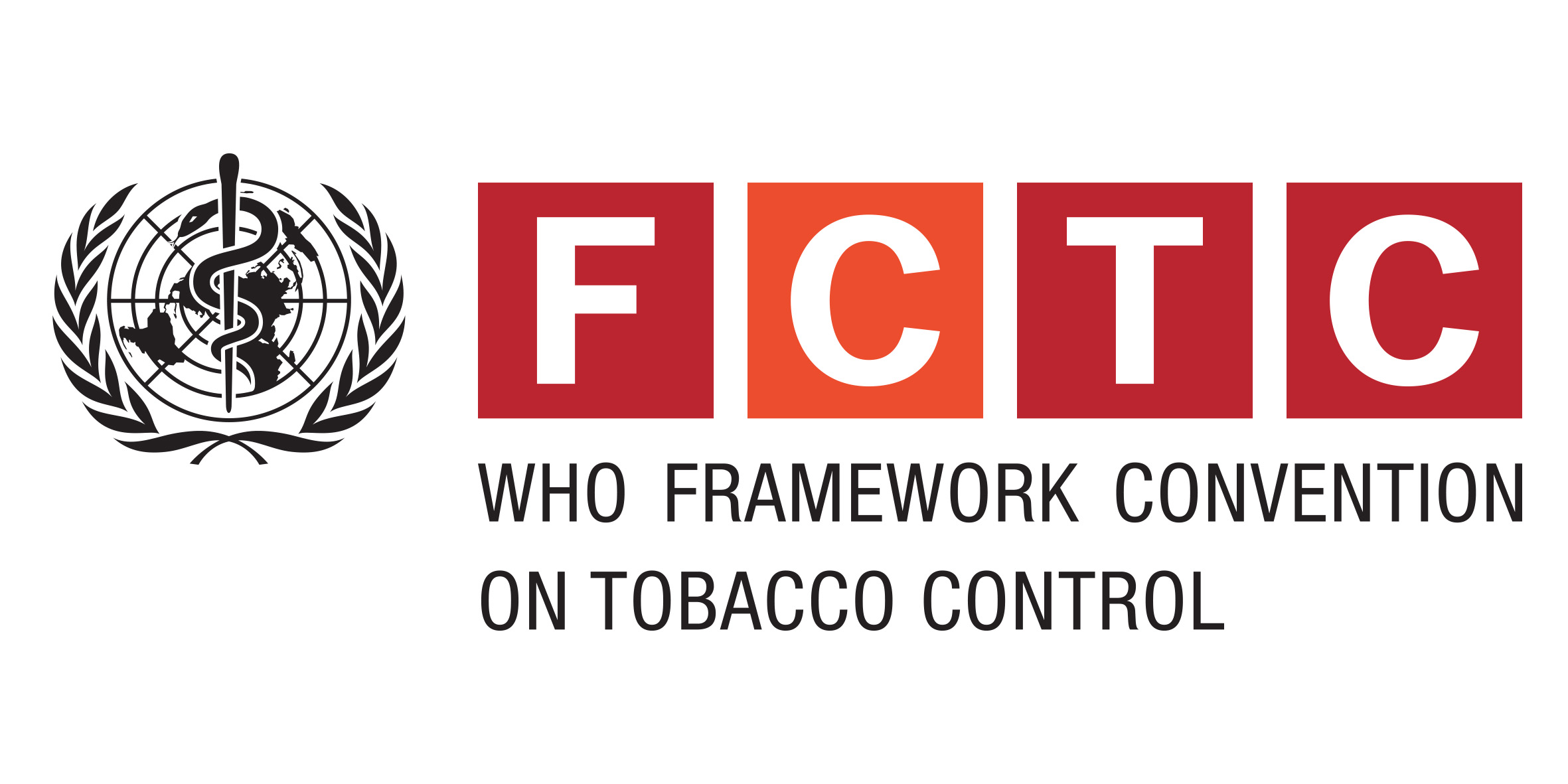Journal Article
Print(0)
Water research
Water Res.
/
37
3
525
532
0043-1354
Unknown(0)
Biofouling is a serious problem in industrial recirculating cooling systems. It damages equipment, through biocorrosion, and causes clogging and increased energy consumption, through decreased heat transfer. In this research a fixed-bed biofilter was developed which removed assimilable organic carbon (AOC) from process water, thus limiting the major substrate for the growth of biofouling. The biofilter was tested in a laboratory model recirculating cooling water system, including a heat exchanger and a cooling tower. A second identical model system without a biofilter served as a reference. Both installations were challenged with organic carbon (sucrose and yeast extract) to provoke biofouling. The biofilter improved the quality of the recirculating cooling water by reducing the AOC content, the ATP concentration, bacterial numbers (30-40 fold) and the turbidity (OD660). The process of biofouling in the heat exchangers, the process water pipelines and the cooling towers, was monitored by protein increase, heat transfer resistance, and chlorine demanded for maintenance. This revealed that biofouling was lower in the system with the biofilter compared to the reference installation. It was concluded that AOC removal through biofiltration provides an attractive, environmental-friendly means to reduce biofouling in industrial cooling systems. © 2002 Elsevier Science Ltd. All rights reserved.
adenosine triphosphate, cooling water, organic carbon, protein, sucrose, article, bacterial count, biofilter, biofiltration, biofouling, cooling, fouling prevention, heat transfer, model, pipeline, priority journal, turbidity, water quality, yeast
Embase; MEDLINE
Embase
Meesters,K. P. H., Van Groenestijn,J. W., Gerritse,J.
Gerritse, J., TNO Environment, Energy and Process Innovation, 7300 AH Apeldoorn, Netherlands
http://vp9py7xf3h.search.serialssolutions.com/?charset=utf-8&pmid=
2003

